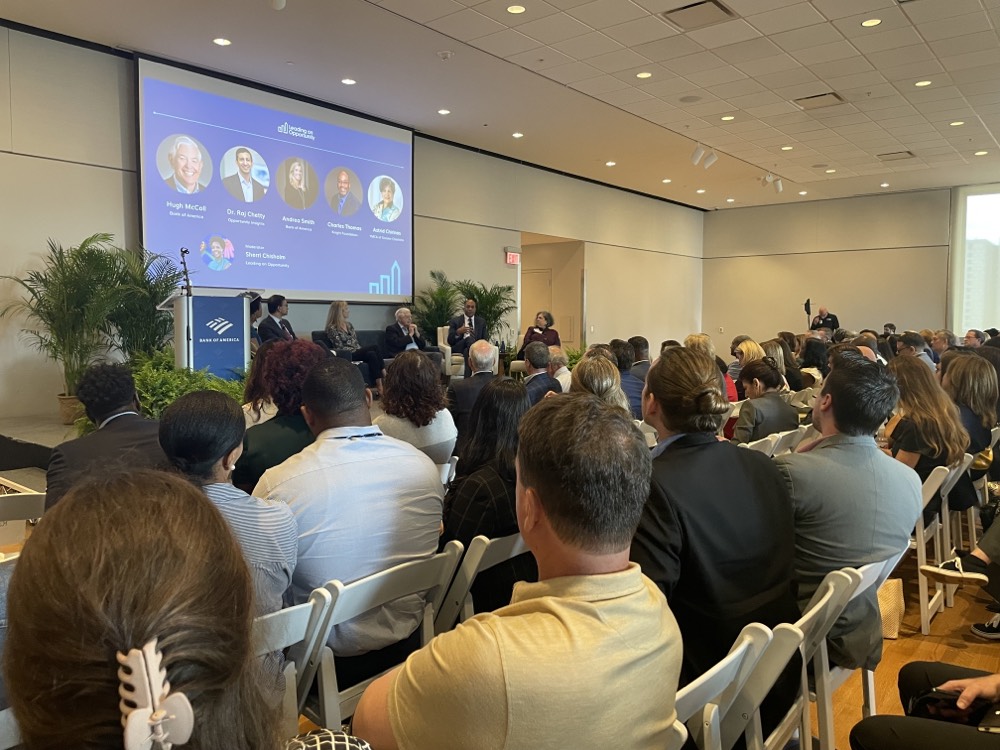Data, Program Measurement, and Research OKR
Build a documented engagement strategy to encourage information sharing and effective partnerships (i.e., bring clarity to partner roles across the ecosystem).
Having a snapshot of ongoing digital equity work is critical for identifying which populations and geographic areas have which needs and when efforts might be lacking or where they overlap. Creating this snapshot is a project CDE has worked toward through the last year. The data dashboard provides the community and organizational partners with a deeper look into the work across geography and services.
So far this year, four anchor organizations (Goodwill Industries of Southern Piedmont, the Charlotte Mecklenburg County Library, Per Scholas, and E2D) have begun sharing their data with the CDE. Many more organizations (31 in all) have shared data at some point, typically as part of a device distribution partnership.
While this is a promising start, the challenge before us is to find ways to make data sharing easier for partner organizations while ensuring that the data is relevant, fresh, and useful.
We continue to work individually with organizations to provide them with a streamlined, efficient way to measure their impact on digital inclusion. The answer to this question will be different for an organization using Salesforce compared to one using Quickbooks or Zoho.
So, while participation in data sharing has seen successful this year so far, there is still much work to do towards this objective. Specifically, this workstream aims to:
- Work individually with organizations to improve data submission processes and quality.
- Develop strategies to gather more comprehensive skilling program data.
- Explore methods to map and communicate neighborhood-level digital inclusion resources.
Ultimately, this work will lead to our first analysis document later this year as we review what we currently know about skilling and literacy across the ecosystem. Stay tuned!
